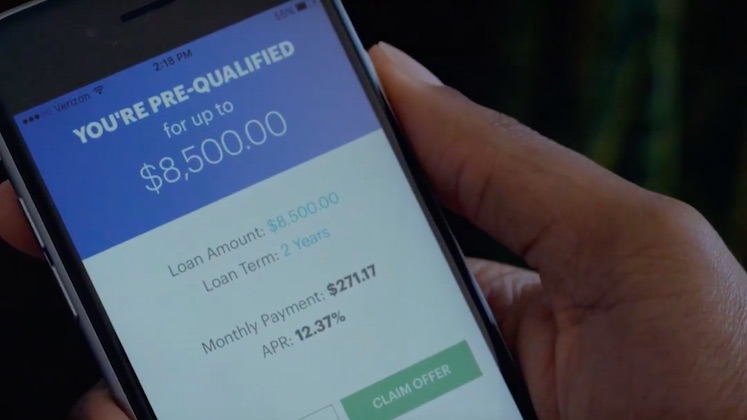The Customer Effect
Inside MoneyLion’s evolution from PFM to challenger bank
- MoneyLion will soon offer its customers checking accounts, joining the ranks of SoFi, Varo and Stash that are encroaching into the banking arena
- Checking accounts offer MoneyLion a rich source of customer data for financial advice and recommendations








